We finally have an answer. The four professional Counter-Strike players banned for match fixing last year will never compete in a Valve-sponsored event again. Their professional, competitive Counter-Strike careers are functionally over.
There will undoubtedly be a great deal of debate surrounding whether this decision was fair. That’s reasonable. But I think focusing on this one decision misses the much larger picture.
Even if Valve got this one right, there is way too much room for it to get one wrong.
For any esport, the publisher sits atop the decision-making food chain. Whether that publisher is very active in the ecosystem (i.e. Riot) or largely removed (i.e. Valve), it’s in a unique position to impact how esports function for its game.
If a player is ever banned from ESL events for violating its drug testing policy, that player can still compete in a FACEIT or ELEAGUE match the following weekend. The publisher, in contrast, has overarching authority. It can stop the game from being broadcast altogether. Or, as we saw today, it can end a player’s career.
Whenever such power rests with a single person or entity, the potential for abuse is obvious and well-documented throughout the course of human history. Even a cursory glance at any civilized judicial system reveals a wide array of checks and balances designed to address this very concern. In the U.S., evidence is collected through the discovery process, which requires both sides of a given case to disclose relevant information in their possession, even when that information hurts their side of the case. A judge decides whether to admit evidence based on an extensive set of externally drafted rules, and (in many cases) that evidence is evaluated by a jury. Once a final decision is reached, the losing party has a seemingly endless set of opportunities to appeal.
I’m not saying I expect Valve, any other publisher, or any competition organizer to implement a full-fledged judicial process. But there is a giant gap between a court of law and the way potentially life-altering decisions are doled out in esports heading into 2016. We need clearer rules, a well-defined decision making process, structured evidence collection, independent appellate opportunities, and much, much more.
Thankfully, we don’t have to reinvent the wheel. There are many models out there that have been created by traditional sports leagues throughout the world that strike a balance between the need to reach a speedy resolution and the justifiable concern by the party being punished that they have the opportunity to be heard in a fair and full manner.
In the NBA, fines of more $50,000 or suspensions of at least 12 games may be submitted to an independent arbitrator pursuant to the NBPA grievance procedures. FIFA Disciplinary Rules dictate that decisions will be made based on the written record, but allow parties to request an oral hearing. I could go on and on. If you Google around for the disciplinary regimes of professional sports leagues you’ll find a wide array of rulebooks ranging from 50 to 500 pages of well-vetted templates on which we can and should start to build.
It must be admitted that we really don’t know much about how Valve reached the IBP decision. This is a problem in and of itself. Justice works best in the open; public scrutiny is a valuable check against a disproportionately powerful ruling authority. But even if we give Valve the benefit of the doubt and assume it gave the players an opportunity to be heard, collected as much evidence as it could from various sources, and engaged in extensive internal discussions, that is a far cry from due process or what professional athletes have available to them in any major league anywhere in the world.
So, if you’re sitting there asking yourself whether the IBP players deserve lifetime bans, you’re focusing on the wrong question. Maybe they do, maybe they don’t. Reasonable minds can certainly differ on this point, and I’ve heard compelling arguments on both sides.
Instead, ask yourself this: If you were in the players’ shoes, would you feel like the process was fair? Have procedures been established to protect an allegedly guilty party and safeguard the legitimacy of the disciplinary decisions that are made? While you ask yourself those questions, remember this: Whether you agree with Valve’s conclusion or not, the process it took to get there has implications that go well beyond the impact of any single decision.
Photo by Kelly Kline via ESL/Flickr


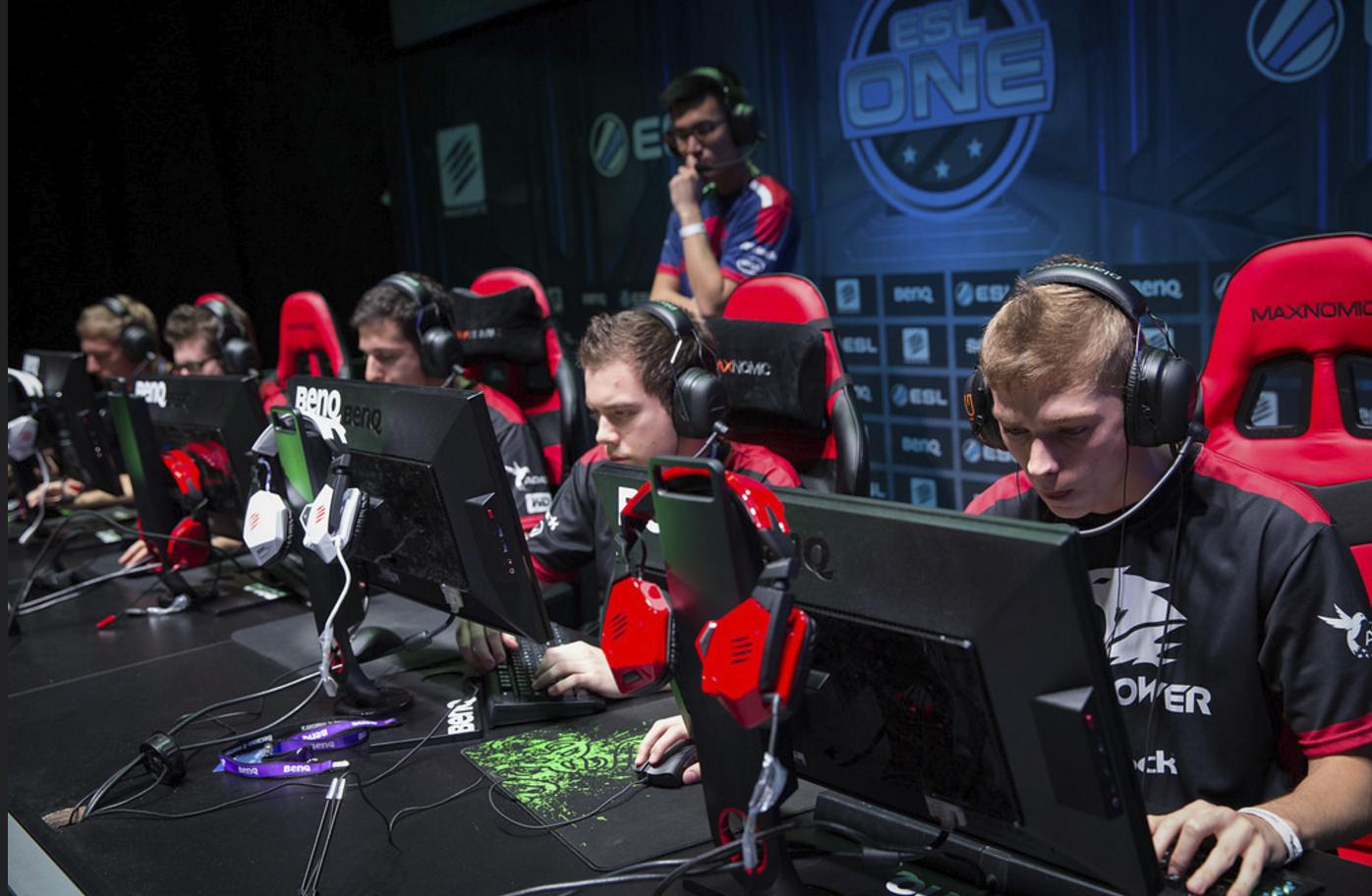
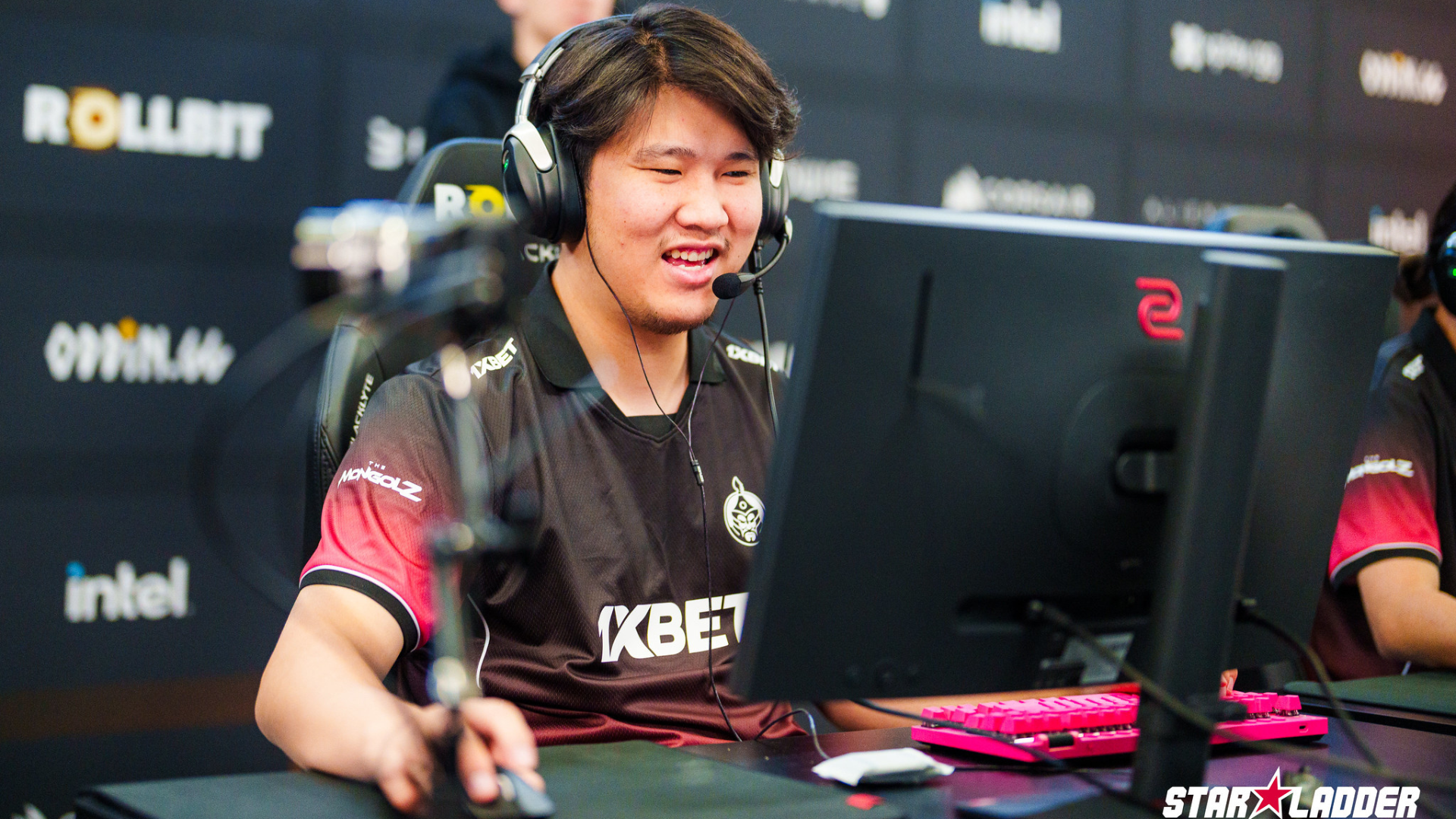
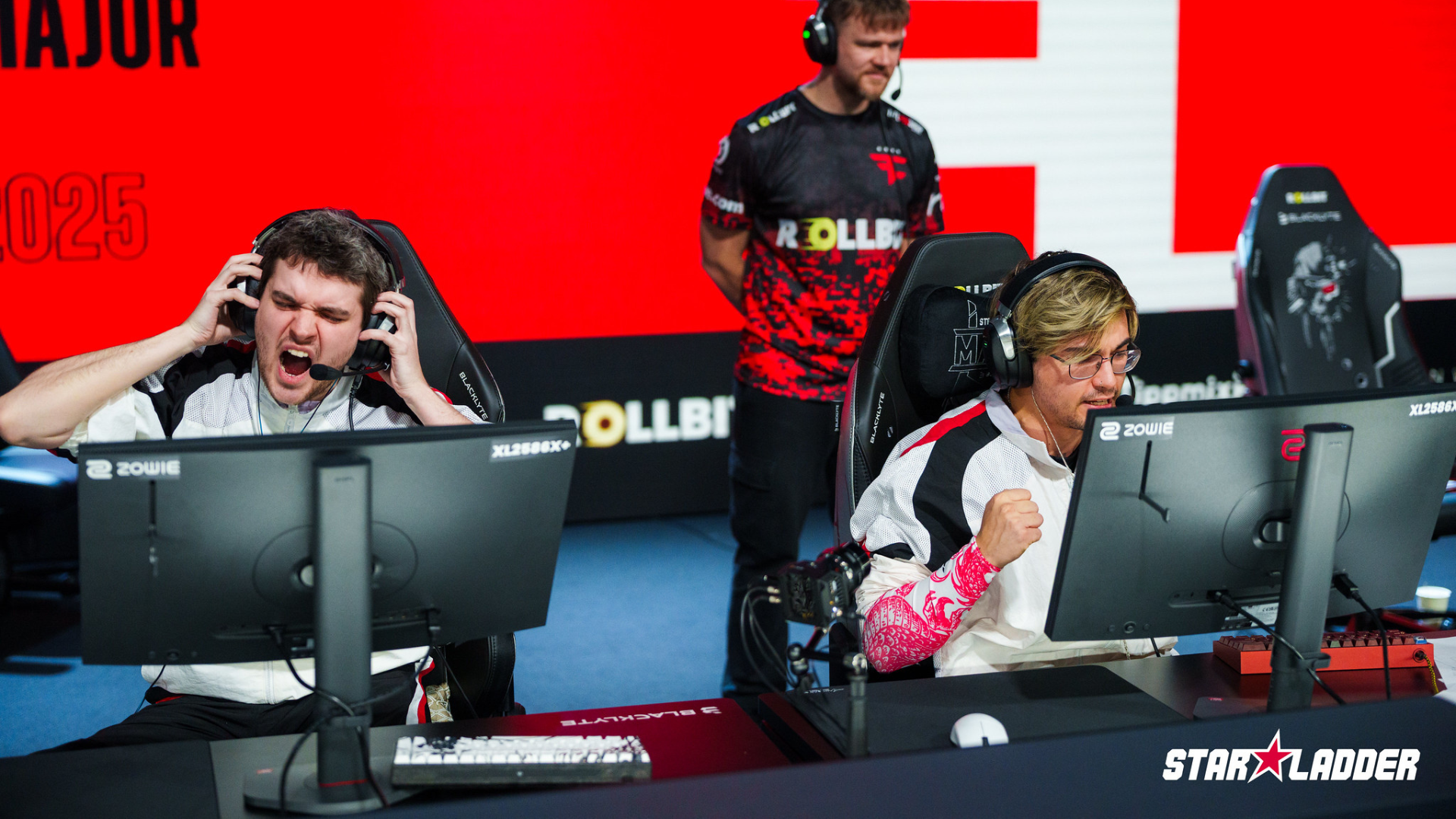
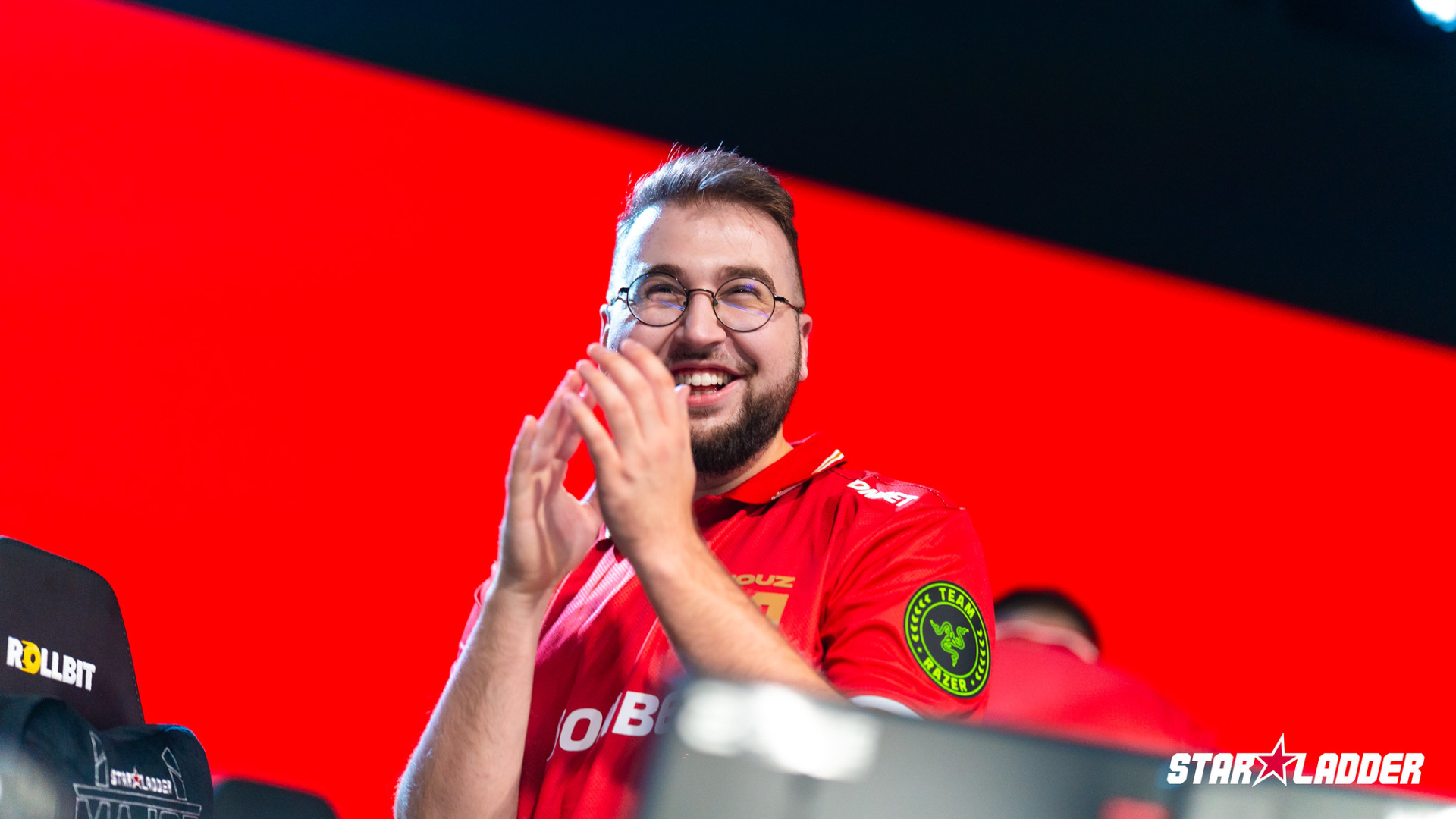
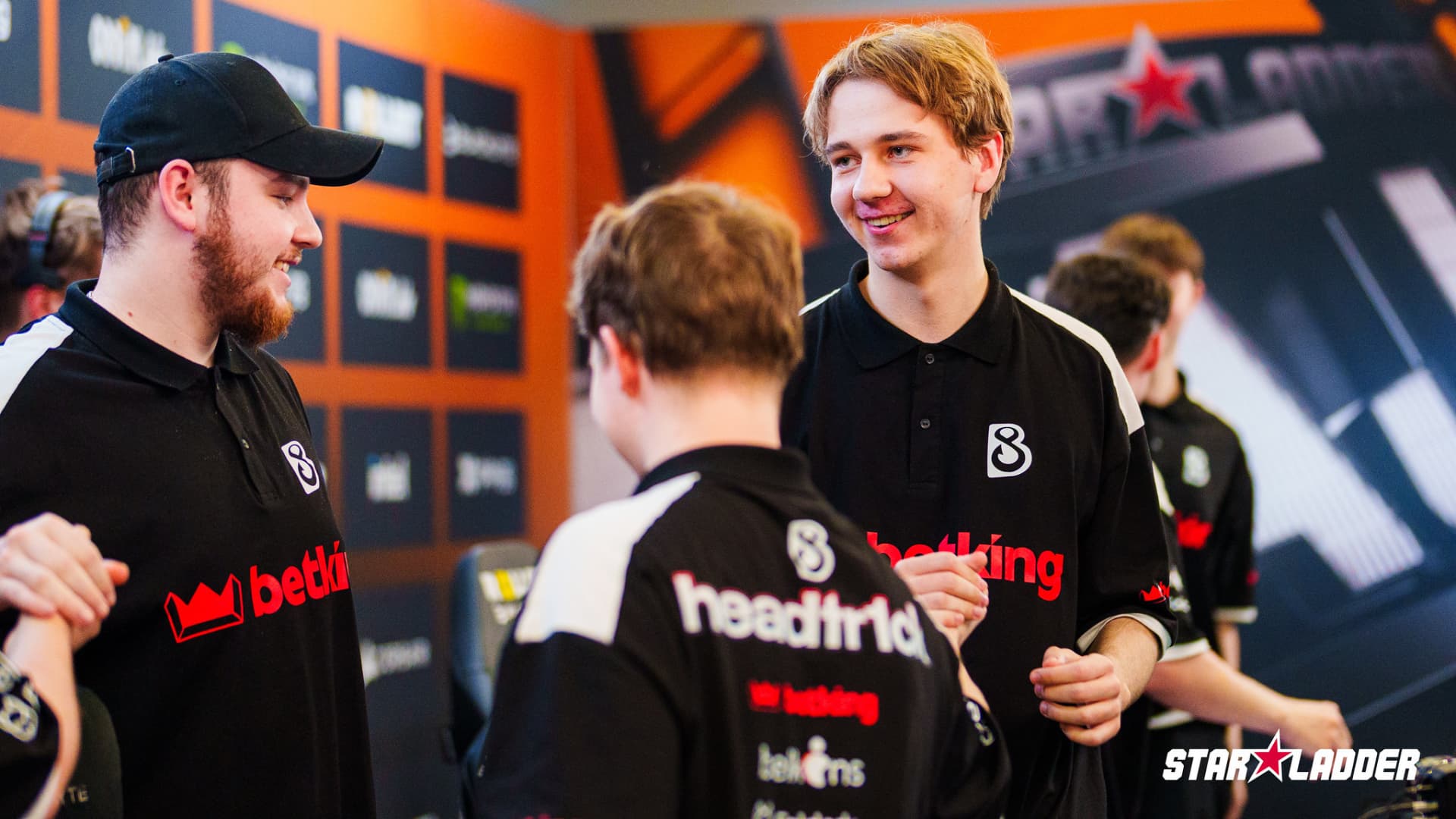
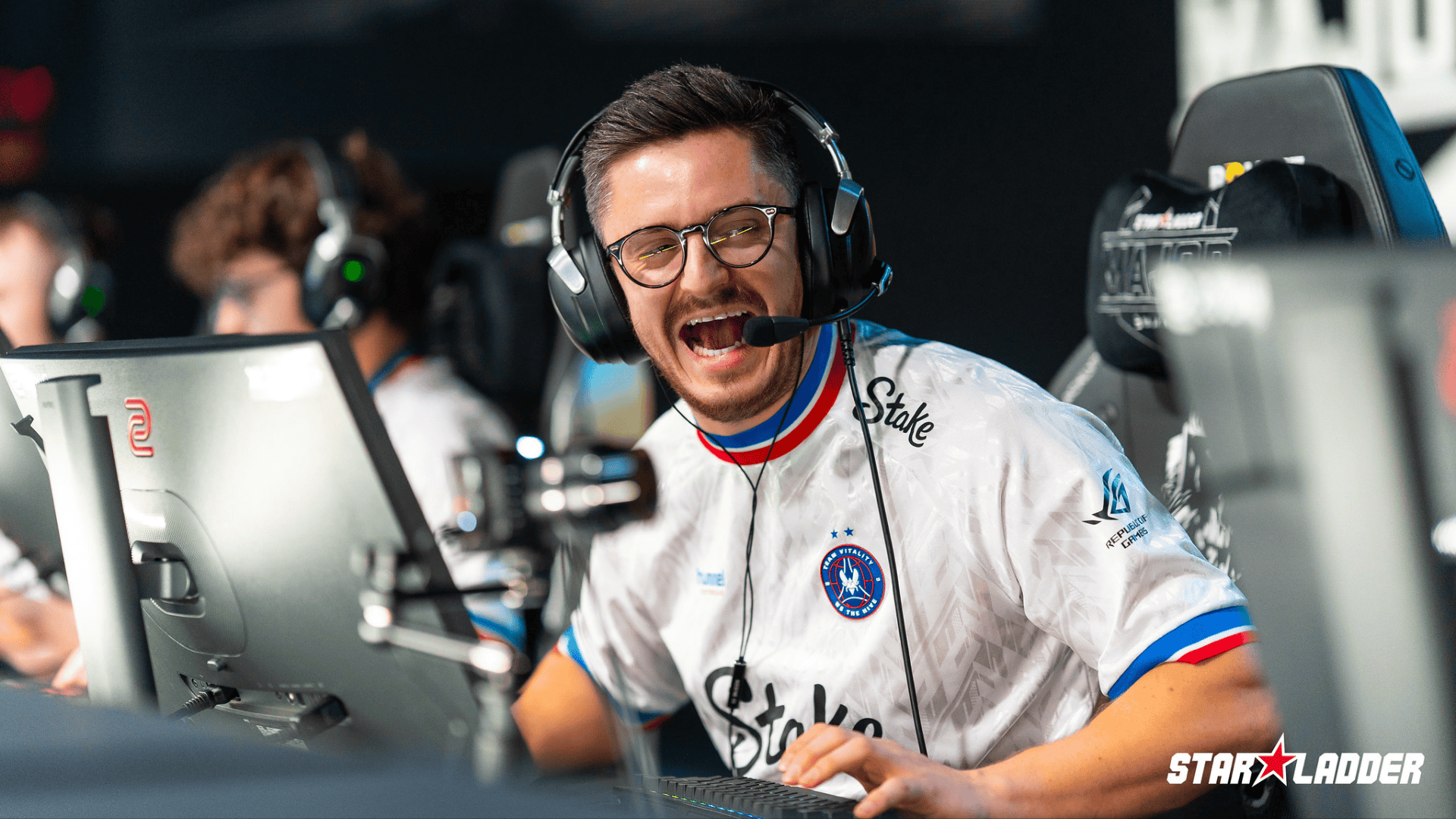
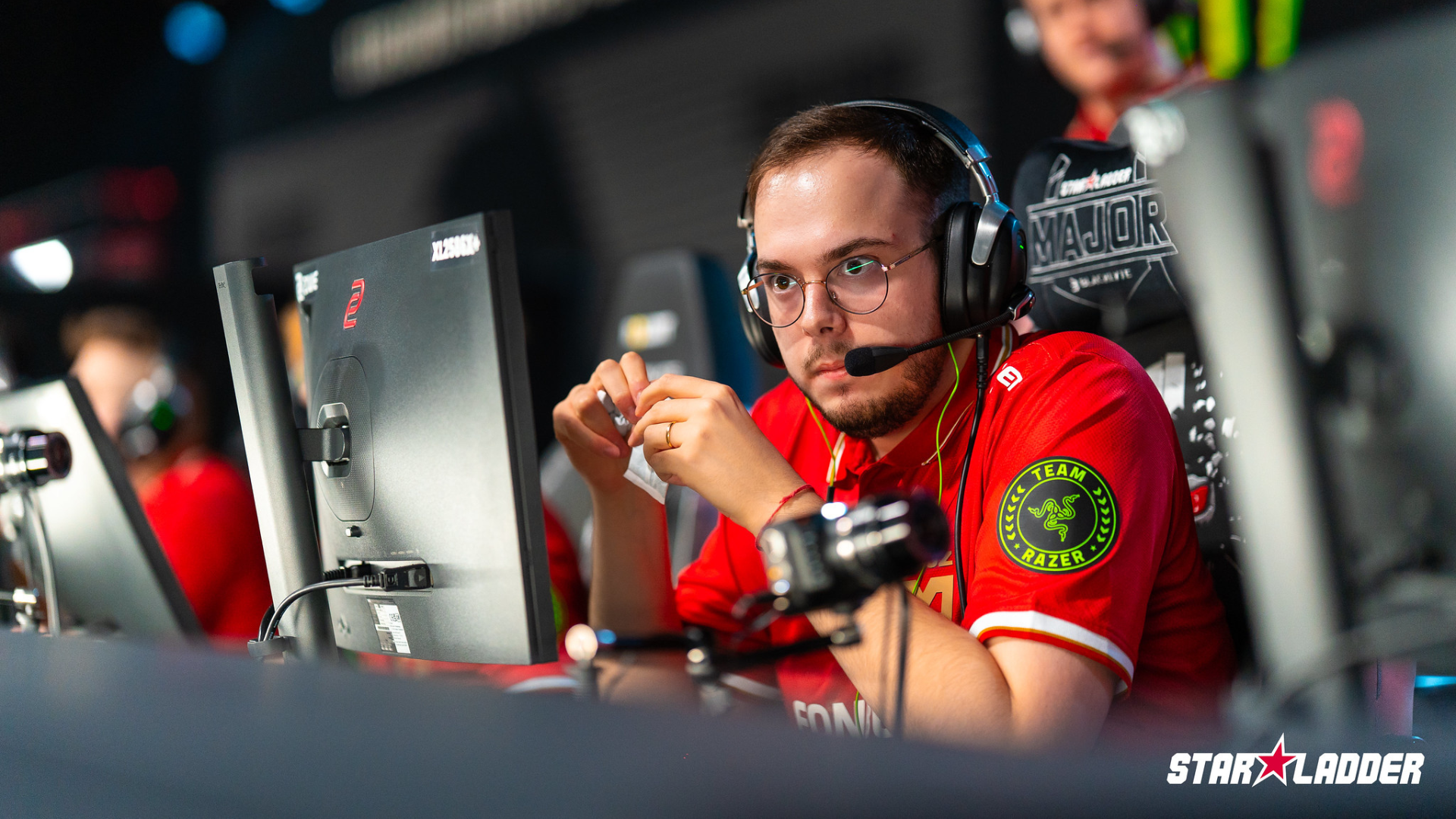
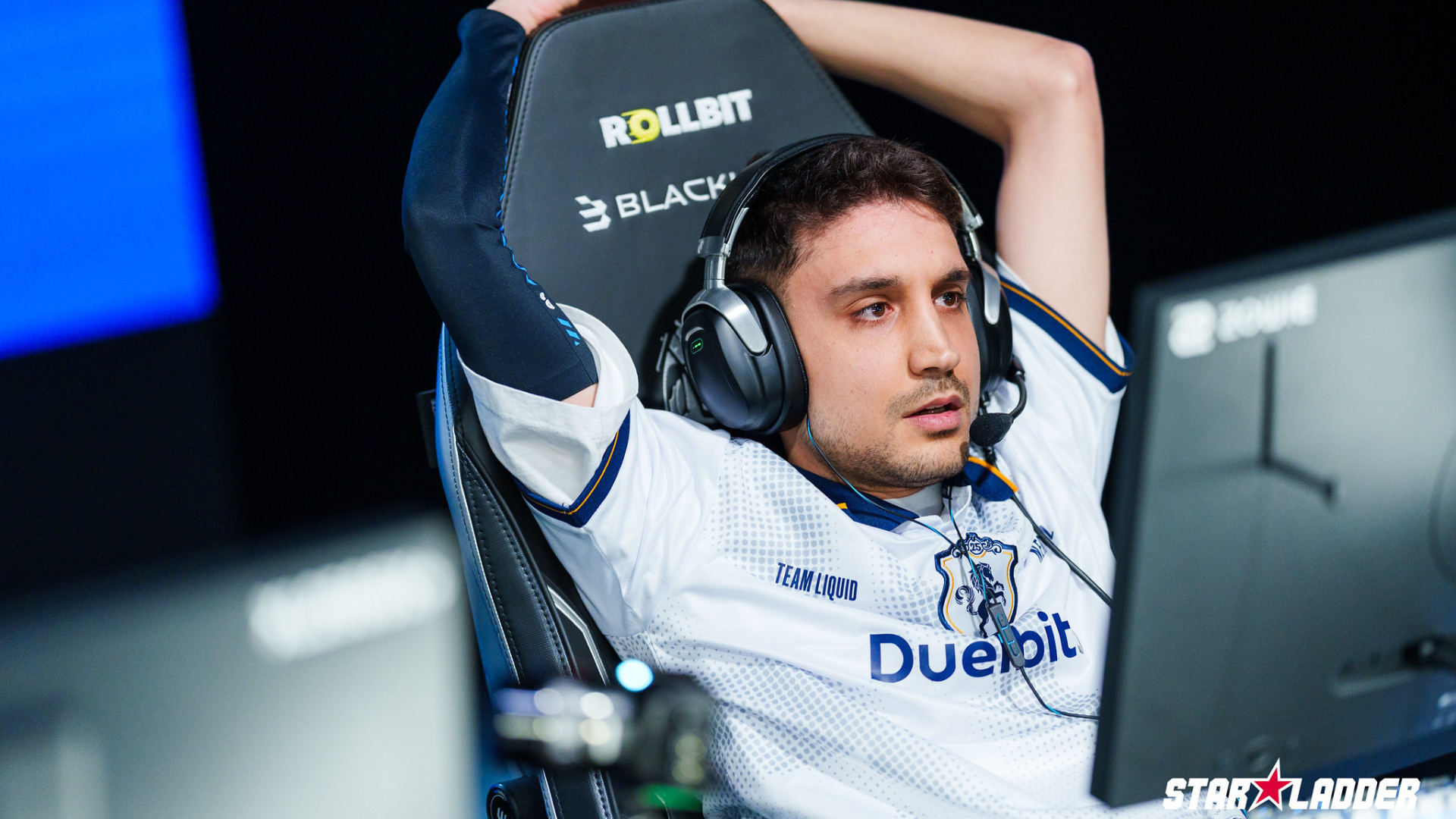
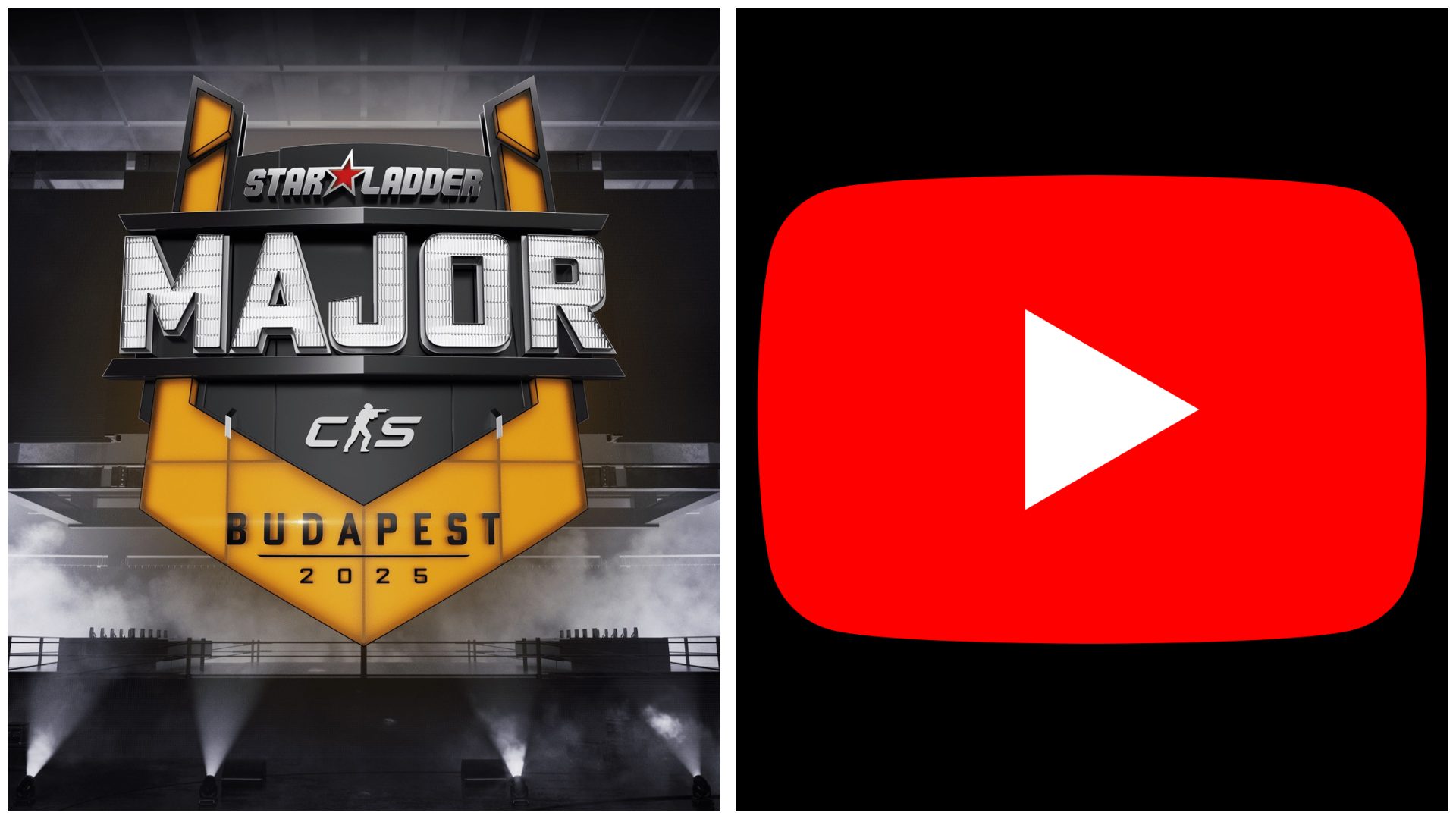
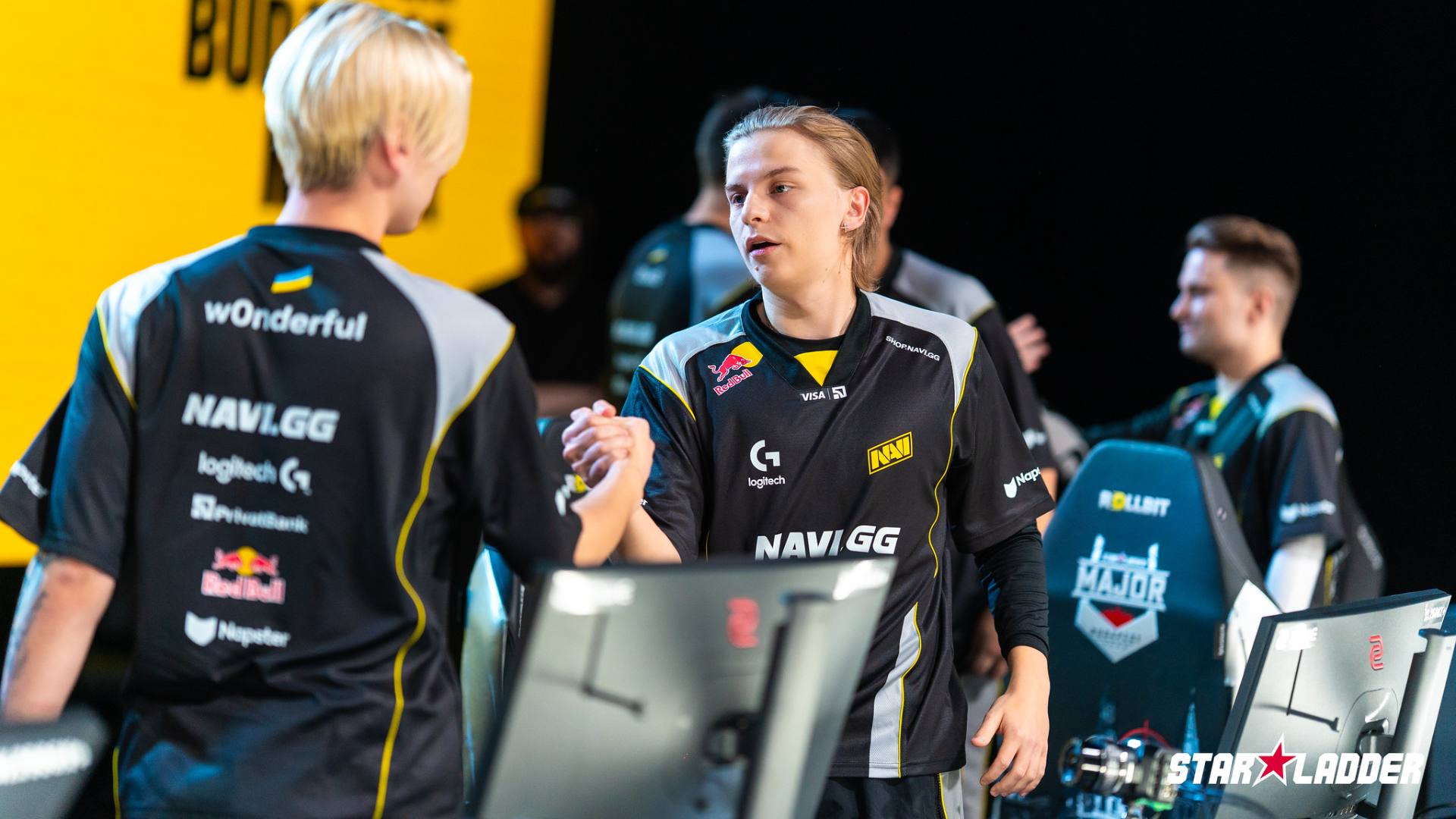
Published: Jan 5, 2016 12:59 pm